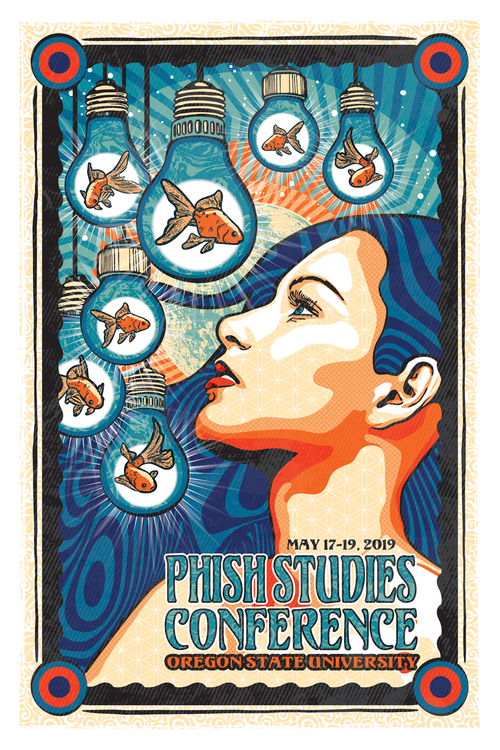VIDEO OF PRESENTATIONS MADE AT THE MAY 2019 PHISH STUDIES CONFERENCE AT OSU ARE NOW AVAILABLE
Last May, Oregon State University hosted the first-ever scholarly conference devoted to Phish’s music, fans, and culture. The three-day event showcased research from over fifty presenters, representing numerous academic disciplines ranging from sociology to philosophy to musicology. Recordings of conference presentations are now available via a free online archive.

The fifteen videos feature research and community panel sessions such as “Just Relax, You’re Doing Fine: The Health Risks and Benefits of Phish,” “Setlists, Ratings, and Archives: Do You Have to Count Them?,” “People of the (Helping Friendly) Book: Jews, Judaism, and Phish,” and “We’re All in this Together: Race and Racism in the Phish Community.”
You can also watch various Q&A panels with We’ve Got It Simple film director Michael Ryan Lawrence, Deal co-author Benjy Eisen, and five board members of The Mockingbird Foundation (Ellis Godard, the Foundation's Executive Director, as well as David "ZZYZX" Steinberg, Scott Marks, Brian Feller, and Charlie Dirksen), the non-profit whose volunteers operate this site. Please visit the conference program for a guide and description of the available presentations and links to them courtesy of OSU Video.
Comments
You must be logged in to post a comment.

 The Mockingbird Foundation
The Mockingbird Foundation